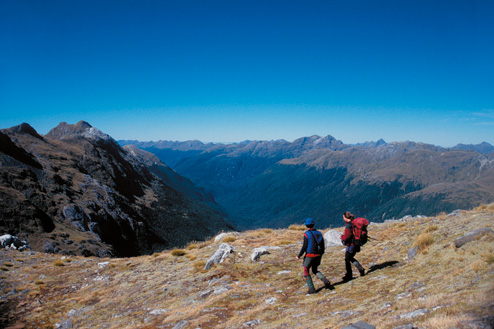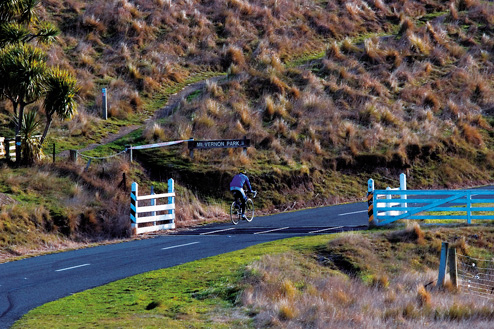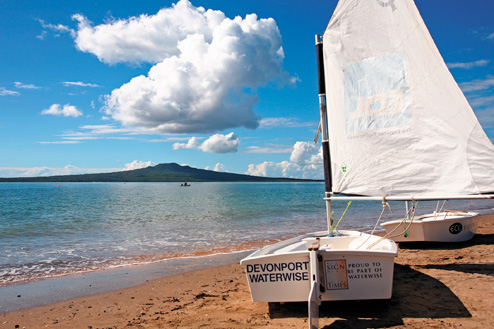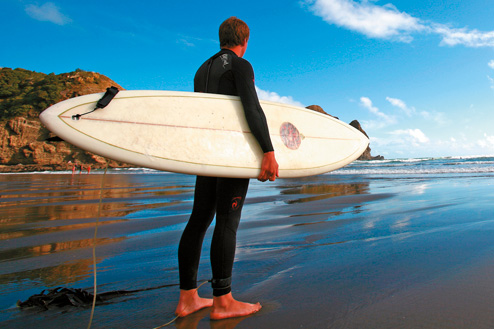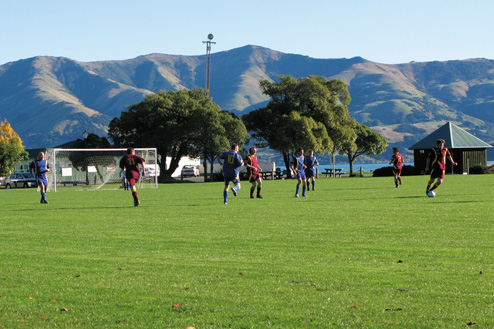Life Saving
Participants in this exciting, challenging sport may look like they’re having a fun day out in the sun, but surf lifesaving has a far more serious side. Every summer, there are deaths by drowning at the country’s beaches. If it wasn’t for the nation’s surf lifesavers, the toll would be far greater. Surf lifesaving’s strong community focus not only involves rescuing people, but also covers preventative actions, education, national and international competitions and, as a bonus, a strong social scene.
Anyone from the age of seven can join a club, with the Junior Surf scheme aimed at teaching children skills in a fun environment. To join a club, you can contact your district association, although the easiest method is to head to your local beach and talk to the lifeguards. Anyone over 14 can become a lifeguard, which involves passing an exam and attaining a Surf Lifeguard Award. You’ll be taught first aid, resuscitation and practical rescue skills and you must complete a 400 metre swim within a set time limit. Exams are run regularly over summer and, once you’ve passed, you can join beach patrols and get involved in other aspects of lifesaving, such as driving the inflatable rescue boat.
Surf lifesaving is popular and most surf beaches are patrolled by volunteers from local clubs, usually over summer between Labour Weekend in October and Easter. There are 71 clubs nationwide and they are affiliated to nine districts, which in turn are governed by the national body, Surf Life Saving New Zealand (www.slsnz.org.nz, 04 384 8325). Contacts for all districts and clubs can be found online.
Anyone from the age of seven can join a club, with the Junior Surf scheme aimed at teaching children skills in a fun environment. To join a club, you can contact your district association, although the easiest method is to head to your local beach and talk to the lifeguards. Anyone over 14 can become a lifeguard, which involves passing an exam and attaining a Surf Lifeguard Award. You’ll be taught first aid, resuscitation and practical rescue skills and you must complete a 400 metre swim within a set time limit. Exams are run regularly over summer and, once you’ve passed, you can join beach patrols and get involved in other aspects of lifesaving, such as driving the inflatable rescue boat.
Surf lifesaving is popular and most surf beaches are patrolled by volunteers from local clubs, usually over summer between Labour Weekend in October and Easter. There are 71 clubs nationwide and they are affiliated to nine districts, which in turn are governed by the national body, Surf Life Saving New Zealand (www.slsnz.org.nz, 04 384 8325). Contacts for all districts and clubs can be found online.

